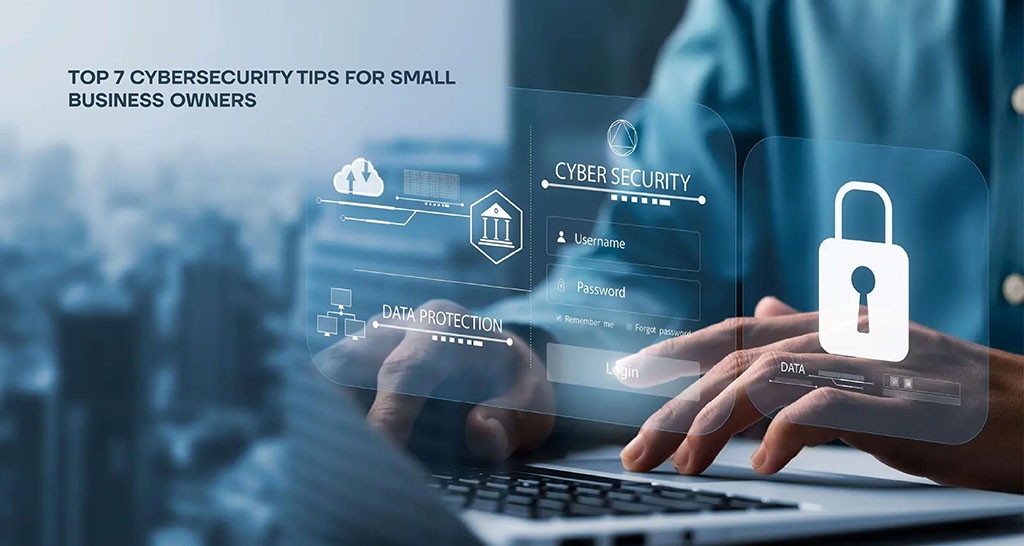In the current digital landscape, the significance of cybersecurity has reached unprecedented levels, particularly for small business proprietors. Cybercriminals frequently focus on small enterprises, viewing them as easy targets due to their assumed weaknesses. In the absence of strong security protocols, critical information, financial assets, and brand reputation are jeopardized. Below are seven crucial cybersecurity recommendations that every small business owner should implement to safeguard their operations against online dangers.
Use Strong Passwords and Multi-Factor Authentication (MFA)
Insecure passwords represent a significant vulnerability that hackers exploit to infiltrate sensitive accounts. It is essential to promote the use of robust and distinct passwords for each account among employees. An effective password should consist of a mix of uppercase and lowercase letters, numerical digits, and special symbols. Furthermore, it is advisable to implement multi-factor authentication (MFA) whenever feasible.
Regularly Update Software and Systems
Cybercriminals frequently take advantage of weaknesses in obsolete software to execute their attacks. It is essential to keep your operating system, applications, and antivirus software current. Implementing automatic updates can minimize the likelihood of overlooking vital patches and security improvements. This straightforward measure significantly aids in safeguarding your business against recognized security threats.
Backup Data Frequently
Data loss can have a catastrophic impact on a small business, whether resulting from a cyberattack or a technical malfunction. It is essential to establish regular data backup procedures and ensure their secure storage. By backing up your data in various locations, including both on-site and cloud-based solutions, you can facilitate a swift recovery in the event of an unforeseen disaster.
Educate Employees About Cybersecurity
Human error remains a primary factor contributing to cybersecurity breaches. It is essential to conduct regular training sessions for employees to emphasize the significance of cybersecurity and to educate them on best practices. This training should cover the identification of phishing emails, the avoidance of dubious links, and the awareness of the risks associated with poor security habits.
Implement Firewalls and Antivirus Protection
Firewalls and antivirus programs play an essential role in safeguarding your network and devices from unauthorized access and malicious software. A firewall serves as a protective barrier between your business network and potential external threats, whereas antivirus software is responsible for identifying and eliminating harmful software. It is imperative to keep these tools updated regularly to defend against the most recent threats.
Secure Your Wi-Fi Network
A deficient Wi-Fi network can expose your business to potential cyber threats. It is advisable to establish a robust password for your Wi-Fi, implement encryption measures, and contemplate the creation of a distinct guest network for visitors. This approach helps to safeguard your business’s internal network from unauthorized access and ensures the protection of sensitive information.
Monitor Your Network for Unusual Activity
Regularly observe your business’s network for indications of atypical behavior, including unanticipated login attempts or unauthorized access to files. Timely identification of possible threats enables you to act swiftly and reduce potential harm. Consider investing in network monitoring solutions or employing an IT expert to manage the security of your network.
Through the adoption of these cybersecurity measures, small business owners can enhance their defenses against cyberattacks, thereby safeguarding their enterprises in an ever-evolving digital landscape.








